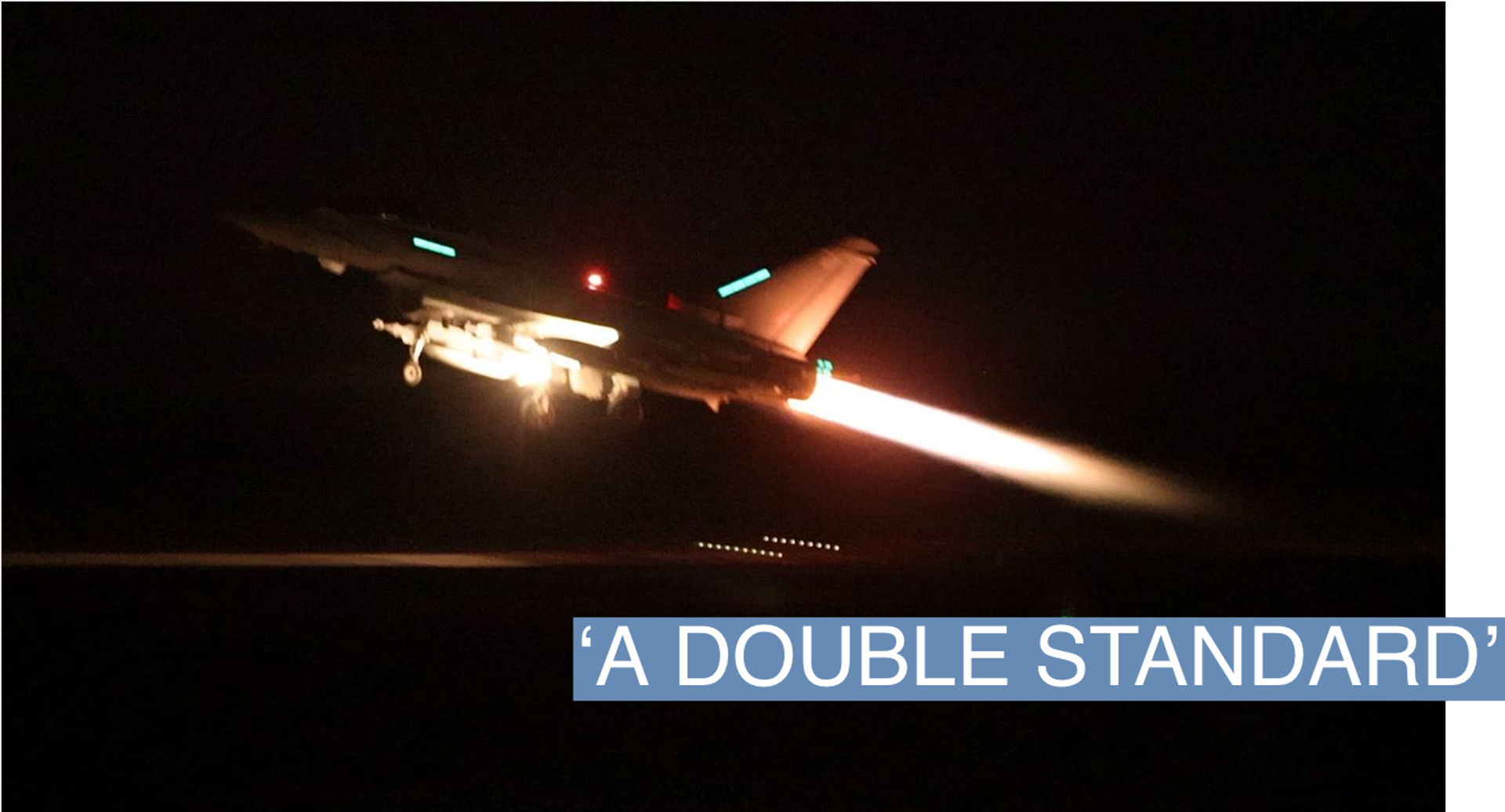The News
Militaries from the U.S. and the U.K. carried out joint strikes in Yemen, targeting Iran-backed Houthi rebels in response to weeks of attacks on cargo vessels in the Red Sea. The U.S.-led coalition, however, has struggled to convince key allies and some in the international community that the strikes are justified, amid fears of expanding the Gaza war into a full-blown regional conflict.
The Houthis have targeted ships for months, claiming their actions are in solidarity with Palestinians in the Gaza Strip which has been bombarded by Israel’s military campaign following Hamas’ Oct. 7 attacks.
SIGNALS
Mideast leaders aren’t supporting US-led attacks against the Houthis
The U.S. and allied attack on the Houthis “could be undermined by a lack of regional support,” Semafor’s Jay Solomon reported. Saudi Arabia and the United Arab Emirates — whose extensive knowledge about Yemen and the Houthis could be invaluable — are hesitant to support any renewed conflict with the militia. Egypt and Qatar, meanwhile, worry that agreeing to join the U.S.-led operations would mean they are siding with the West in the Israel-Hamas war. Although U.S. President Joe Biden has worked to prevent the war from spilling out of Gaza into a broader Mideast crisis, the Houthis’ actions in the Red Sea mean U.S. strikes will be inevitable. “But the Biden administration’s inability so far to build an Arab coalition to support this cause will serve as a significant challenge,” Solomon wrote.
US and allies should take a long-term view of Houthi threat and promote stability instead
The UN Security Council swiftly voting to adopt a resolution condemning Houthi’s attacks in the Red Sea, but not Israel’s military campaign in Gaza exposes a “double standard” that is exploited by the Houthis “with considerable resonance in the region,” the Gulf Cooperation Council’s Abdel Aluwaisheg wrote in Arab News. The U.S. and Western allies should instead take a long-term approach to dealing with the Houthi threat, and focus efforts on ensuring lasting stability in Yemen, Aluwaisheg argued. Rather than carrying out strikes, the West should provide support to the country’s ongoing peace negotiations, revamp vessel inspections in the Red Sea to catch threats early, and up military presence to deter possible attacks. “It is the lax enforcement of those instruments that has allowed the Houthis to pose a threat to maritime security. Now is the time to put them into effect,” he wrote.
China’s motives in the Red Sea are not clear
China has so far avoided substantive efforts to mitigate the threat the Houthis pose, and have not publicly pressured Iran to call off its proxies in the Red Sea, Bill Bishop, author of the China newsletter Sinocism, recently noted. Bishop questioned China’s motives in abstaining from the conflict, writing that Beijing could be attempting to make the U.S. look like “a paper tiger” in the Middle East. If the U.S. succeeds in restoring shipping in the Red Sea, China “can still say the US was to blame for the problem in the first place because it did not push for an immediate ceasefire in Gaza,” he added.

